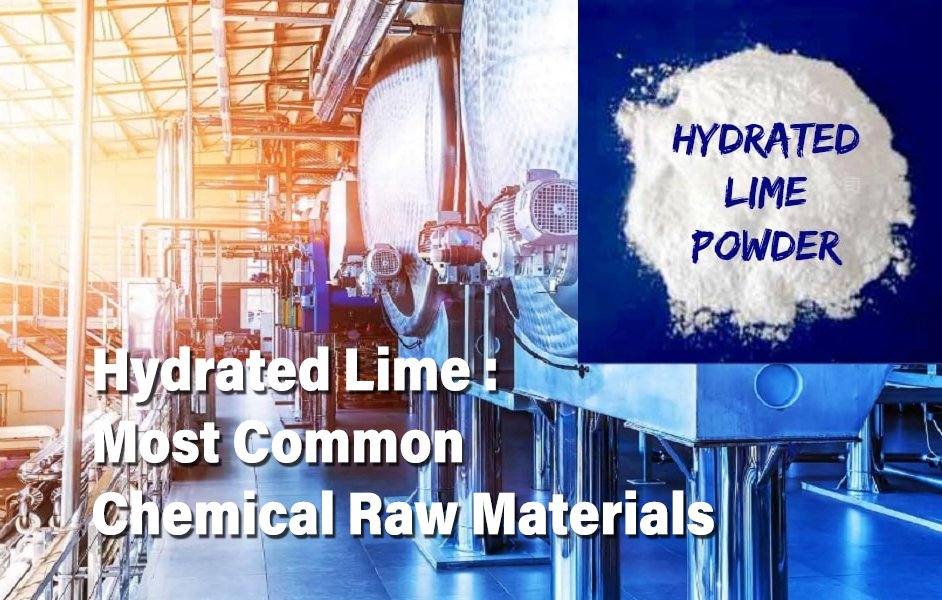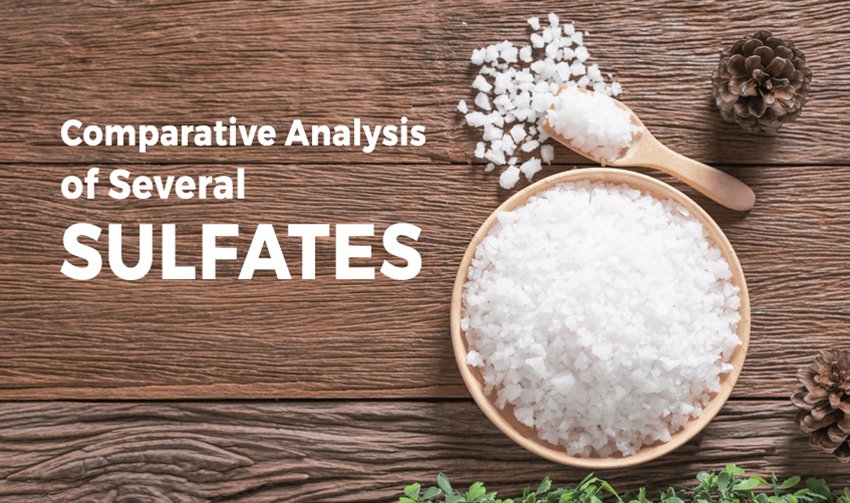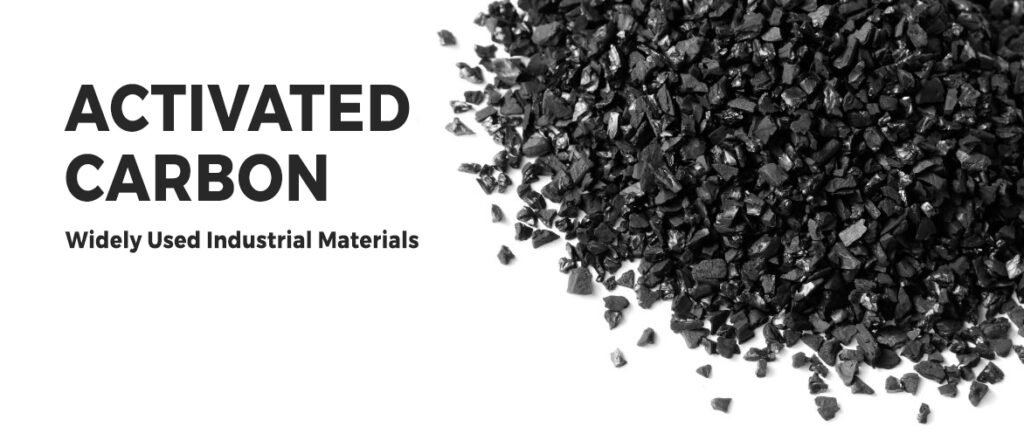Hydrated Lime Unleashed: Most Common Chemical Raw Materials

Hydrated lime, or slaked lime, is a versatile alkali whose high reactivity and moderate solubility make it indispensable in heavy-industry. In mining and metallurgy, it controls pH for ore flotation and heap leaching, neutralizes acidic process streams, and forms slag to remove impurities in steelmaking. In water and wastewater treatment, it adjusts pH and precipitates heavy metals, while in flue-gas desulfurization it captures SO₂, curbing acid-rain emissions. Beyond these, hydrated lime stabilizes soils and improves road bases at mining sites, enhances asphalt durability, and serves as a key reagent in chemical manufacturing. Abundant, cost-effective, and eco-friendly, it underpins numerous processes critical to clean production and resource recovery.
Comparative Analysis of Ferrous Sulfate, Zinc Sulfate, and Copper Sulfate

Sulfate salts are a widely used class of chemical compounds in many industries. Three common examples are ferrous sulfate (FeSO₄), zinc sulfate (ZnSO₄), and copper sulfate (CuSO₄). Despite having the same anionic part (SO₄²⁻), these compounds differ significantly in chemical properties, appearance, and applications. This article will compare ferrous sulfate, zinc sulfate, and copper sulfate to help clarify their differences and support industrial decision-making.
Activated Carbon: A Widely Used Adsorbent Material In Industrial Applications

Activated carbon—often derived from renewable coconut shells—is one of the most versatile and widely used adsorbents in modern industry. Known for its extremely high surface area, porous structure, and excellent chemical stability, activated carbon (also referred to as activated charcoal) has found applications ranging from water and air purification to precious metal recovery and chemical processing.

